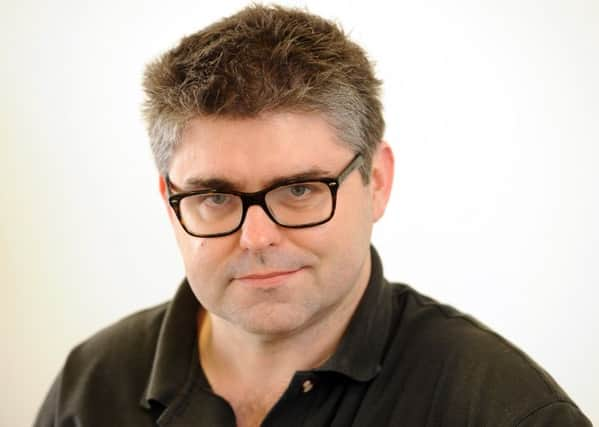Nik Butler: Ask the children what they think about Horsham’s future


In hindsight it seems rather obvious that we should wonder what the views of children and teenagers might be in regards to where they live. I cannot think of a moment in the last few years where kids have been actively canvassed for their opinions. Given the renewed opportunity to debate the District framework plan it may be time to revisit this lack of social awareness.
As many of the decisions that the grown ups will make this year will impact the environment, the neighborhood, and the facilities they will grow into. I have equally been guilty in overlooking this demographic and it was not until the recent Hack Horsham event that it occurred to me that not only are the voices and ideas of local children valid but they are experiencing Horsham at a different level to the grownups.
Advertisement
Hide AdAdvertisement
Hide AdSome of the comments were ones I had heard before, whose value I still consider highly relevant, such as the poor quality of the skateboard park caused by the continuing degradation of the ply-board or the options to walk and cycle from their homes to town and school where they feel constantly under pressure to give cars priority in every occasion.
When you are a car owning, middle aged councillor, or letter writing campaigning member of the public, it is unlikely that you will be onboard with skateboarding or wider pavements until your personal needs or contacts make it relevant to you. Our children’s lack of agency may contribute to their apathy towards such mundane elements as neighbourhood planning and development frameworks and without opportunities for their input and an honest approach to listening to their views we reinforce that indifference towards democracy and debate. The oft heard phrase in public debate has been “will someone think of the children”. I now realise how vapid and empty of effort that phrase is.
We should stop thinking of them and start asking them; school fayres, corridors, and classrooms, should be an opportunity for council and school to share in asking the question; what do the children of Horsham today want for their District of tomorrow?